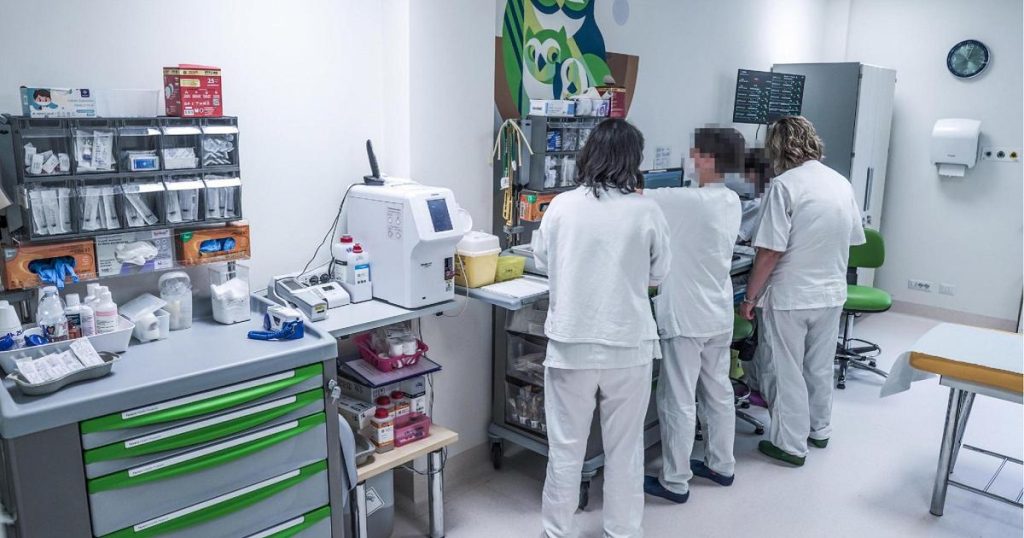The proposed health care legislation includes measures aimed at improving the monitoring of waiting lists, establishing a general inspection agency for healthcare, and introducing weekend appointments and exams. Additionally, there would be a 20% hourly wage increase for staff providing additional services to reduce waiting times, along with a reduced tax rate of 15%. A national registry for citizens to report service disruptions is also included, as well as increased involvement of young doctors with up to 10 hours of additional assignments per week. Regions will assign yearly targets to the general directors of healthcare facilities to reduce waiting lists, with the possibility of suspension for 12 months if targets are not met. The draft bill consists of 14 articles and is set to be presented to the Council of Ministers.
The draft legislation also includes a chapter on the establishment of a national artificial intelligence infrastructure, which will focus on managing waiting lists. This infrastructure will be designed to meet the needs of citizens for accessing healthcare services, healthcare professionals for managing patient care, and doctors for daily clinical practice with non-binding suggestions, as well as healthcare facilities for optimal appointment scheduling. The use of artificial intelligence is intended to support telemedicine platforms, improve appropriateness of prescriptions, and streamline waiting lists. Agenas will be responsible for handling personal data, ensuring data security in accordance with EU privacy regulations, with no additional financial burdens expected from this chapter of the decree.
In cases where services are not provided within the specified timeframe based on priority levels, healthcare facilities must ensure that citizens receive treatment through intramural care or accredited private providers. The specific procedures for this process will be determined by the Minister of Health within 60 days of the law’s enactment. These details, along with other provisions, are reportedly part of the leaked draft of the proposed healthcare legislation. The goal is to streamline services, reduce waiting times, and improve overall efficiency in the healthcare system. The legislation aims to hold healthcare facilities accountable for meeting targets related to reducing waiting lists and ensuring timely access to care for all citizens. It also seeks to leverage artificial intelligence to enhance healthcare delivery and optimize resource allocation for better patient outcomes.
Overall, the proposed bill includes various measures to address challenges in the healthcare system, such as long waiting lists and inefficiencies in service delivery. By introducing oversight mechanisms, increasing workforce incentives, and leveraging technology like artificial intelligence, the legislation aims to improve access to care, enhance service quality, and streamline healthcare operations. The involvement of young doctors and the establishment of a national registry for citizen complaints further demonstrate the government’s commitment to addressing issues in the healthcare sector. These initiatives, if implemented effectively, have the potential to bring about positive changes in the Italian healthcare system and enhance the overall healthcare experience for patients.


